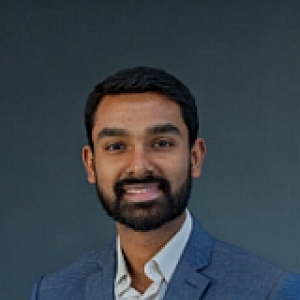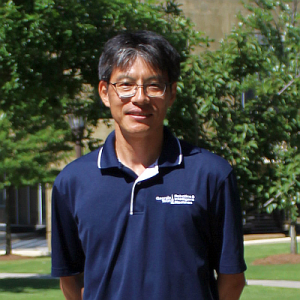Evangelos Theodorou

Evangelos Theodorou
Associate Professor; School of Aerospace Engineering
Evangelos Theodorou earned his Diploma in Electronic and Computer Engineering from the Technical University of Crete (TUC), Greece in 2001. He has also received a MSc in Production Engineering from TUC in 2003, a MSc in Computer Science and Engineering from University of Minnesota in spring of 2007 and a MSc in Electrical Engineering on dynamics and controls from the University of Southern California(USC) in Spring 2010. In May of 2011 he graduated with his Ph.D., in Computer Science at USC. After his Ph.D., he became a Postdoctoral Research Associate with the department of Computer Science and Engineering, University of Washington, Seattle. In July 2013 he joined the faculty of the school of Aerospace Engineering at Georgia Institute of Technology as Assistant Professor. His theoretical research spans the areas of control theory, machine learning, information theory and statistical physics. Applications involve autonomous planning and control in robotics and aerospace systems, bio-inspired control and design.
404.894.8197
Office Location:
Guggenheim 448A
Nonlinear Stochastic Optimal Control; Machine Learning and Reinforcement Learning; Statistical Mechanics; Information Theory and Connections to Control Theory; Nonlinear State Estimation and Signal Processing; Adaptive; Nonlinear and Model Predictive Control.
IRI Connections:









